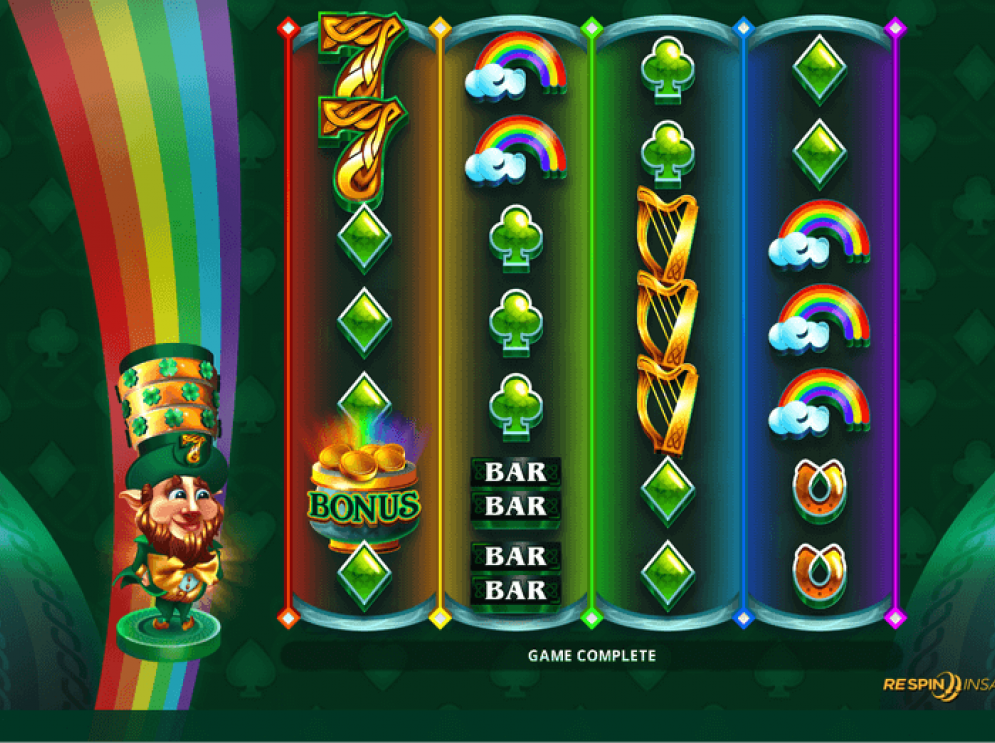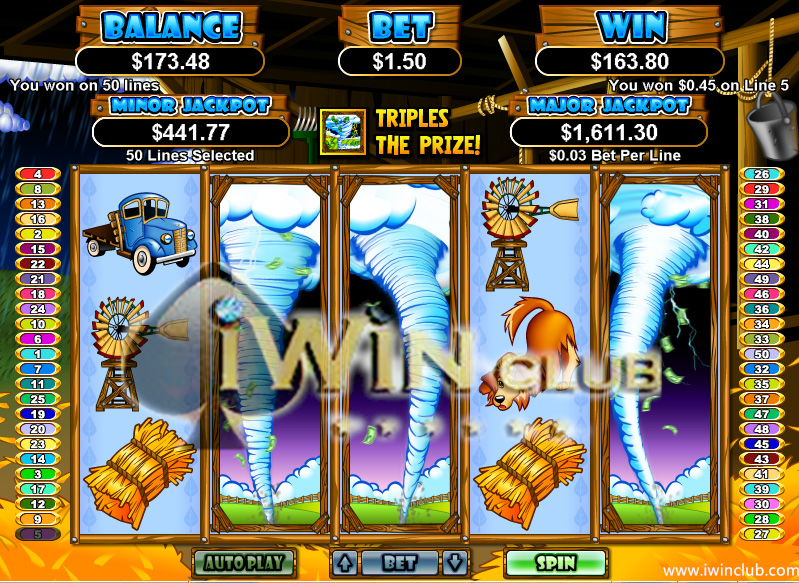Fortune Favors the Bold Can You Master the Escalating Rewards and Risk of Chicken Road with Bets Up
- Fortune Favors the Bold: Can You Master the Escalating Rewards and Risk of Chicken Road with Bets Up to £200?
- Understanding the Core Gameplay of Crash Games
- The Appeal of Chicken Road: A Detailed Look
- Difficulty Settings and Risk Management
- Understanding Return to Player (RTP) and Volatility
- Betting Strategy and Bankroll Management
- The Psychological Aspect of Playing Chicken Road
Fortune Favors the Bold: Can You Master the Escalating Rewards and Risk of Chicken Road with Bets Up to £200?
The world of online casino games is constantly evolving, with new and innovative titles appearing regularly. Among these, a particular genre, often referred to as “crash” games, has gained significant traction. A prime example of this captivating style is chicken road, a game of escalating risk and reward that’s quickly becoming a favorite among players. This fast-paced experience challenges players to cash out before the game – and the chicken – comes to an abrupt end.
This article will delve into the mechanics of these crash-style games, specifically focusing on the excitement and strategy involved in playing chicken road. We’ll examine the levels of difficulty, potential rewards, and the psychology behind making those crucial split-second decisions. Understanding these aspects can significantly improve your gameplay and help you navigate the thrilling, albeit risky, world of crash games.
Understanding the Core Gameplay of Crash Games
Crash games, in their essence, are remarkably simple to grasp. Players place a wager, and a multiplier begins to increase. As the multiplier grows, so does the potential payout. However, at any moment, the game can “crash,” resulting in the loss of the initial bet. The key to success lies in knowing when to cash out and secure a profit before the inevitable crash occurs. Chicken road fits perfectly into this genre, adding a visually engaging theme to the core mechanics. The escalating multiplier creates a compelling tension, forcing players to weigh the risks and rewards with each passing moment.
The allure of these games stems from their ability to offer potentially huge returns on a small stake, combined with the adrenaline rush of timing your cash-out perfectly. It’s a game of nerve, calculated risk assessment, and a little bit of luck. The simplicity also makes it very popular with new casino patrons.
| Easy | 25 | 1/25 |
| Medium | 22 | 3/25 |
| Hard | 20 | 5/25 |
| Hardcore | 15 | 10/25 |
The Appeal of Chicken Road: A Detailed Look
Chicken road distinguishes itself within the crash game landscape through its unique theme and adjustable difficulty levels. Unlike some games that offer a single volatility setting, chicken road allows players to choose between Easy, Medium, Hard, and Hardcore modes. Each mode alters the number of lines the chicken traverses (representing the increasing multiplier) and the associated risk of a crash. The graphical representation, with the chicken running along the lines, adds an element of engaging visual feedback, making the game more immersive than many of its competitors.
This customization allows players to tailor the gameplay to their individual risk tolerance and playing style. A novice player will generally favor the Easy or Medium modes, prioritizing consistent small wins. More experienced players seeking higher payouts will gravitate toward the Hardcore mode, accepting the increased risk for potentially substantial rewards. The game’s simplicity, combined with this level of customization, contributes significantly to its broad appeal.
Difficulty Settings and Risk Management
The choice of difficulty in chicken road extends beyond a simple adjustment in risk. It directly affects the overall strategy a player should employ. On the Easy setting, with 25 lines, the game allows for more cautious play. Longer cash-out delays are viable, enabling players to accumulate larger multipliers with a relatively low chance of a crash. Conversely, the Hardcore setting demands a much more aggressive approach. With only 15 lines, a crash can occur very quickly, requiring players to cash out at significantly lower multipliers to avoid losing their stake. Effective risk management is, therefore, paramount in chicken road, with the optimal strategy contingent upon the chosen difficulty level. Players must be creative and be able to deduce where the sweet spot for a cash-out might be based on how the game is proceeding.
Understanding the relationship between risk and reward is crucial for success. Higher risk settings offer the potential for bigger wins, but also expose players to a far greater chance of losing their initial bet. This dynamic forces players to carefully consider their bankroll management and to avoid chasing losses, and to decide if today is their lucky day. It’s important to only risk what is affordable to lose.
Understanding Return to Player (RTP) and Volatility
A critical factor for any online casino game is its Return to Player (RTP) percentage and volatility. RTP represents the theoretical percentage of all wagered money that is returned to players over a long period. Chicken road boasts a very competitive RTP of 98%, meaning that, over time, 98% of the total money wagered is paid back out in winnings. However, it’s vital to understand that RTP is a long-term average and does not guarantee individual session results.
Volatility, also known as variance, refers to the level of risk associated with a game. Higher volatility implies larger but less frequent wins, while lower volatility suggests smaller, more frequent payouts. Chicken road offers adjustable volatility through its difficulty settings, enabling players to choose a risk level that suits their preferences. Combining high RTP with adjustable volatility makes chicken road an attractive option for casino game enthusiasts.
- RTP of 98% indicates strong player returns over the long term.
- Adjustable difficulty levels provide control over volatility.
- Effective bankroll management is essential for all game settings.
- Understanding probability is key to maximizing profitability.
Betting Strategy and Bankroll Management
While luck undeniably plays a role in chicken road, a well-defined betting strategy and meticulous bankroll management can significantly increase your chances of success. A common approach is to start with small bets – a small percentage of your total bankroll per round – to mitigate the risk of substantial losses. Progressive betting strategies, such as Martingale or Fibonacci, could also be considered, but these carry their own inherent risks and should be employed with caution. It’s critical to understand the nuances of each strategy before deploying them.
One rule consistently advocated by experienced players is to set predefined win and loss limits. When you reach your win limit, cash out and enjoy your profits. Similarly, when you reach your loss limit, stop playing and avoid the temptation to chase those losses. This disciplined approach will help you protect your bankroll and prevent emotional decision-making.
- Start with small bets (1-5% of your bankroll).
- Set win and loss limits before you begin.
- Avoid chasing losses.
- Utilize adjustable difficulty levels to manage risk.
- Consider implementing a pre-defined betting strategy.
The Psychological Aspect of Playing Chicken Road
Beyond the mathematical probabilities and strategic considerations, playing chicken road and similar crash games involves a significant psychological element. The escalating multiplier creates a powerful incentive to wait for a larger payout, even when your initial plan was to cash out earlier. This “just one more second” mentality can, however, be a dangerous trap, often leading to a premature crash and the loss of your bet. Recognizing and controlling these impulses is a key component of successful gameplay.
The thrill of the chase, combined with the fear of missing out on a potentially huge win, can cloud judgment and lead to irrational decisions. Maintaining a calm and rational mindset, sticking to your predefined strategy, and avoiding emotional betting are crucial for staying in control and maximizing your chances of success. Treat the game as a form of entertainment, and view any winnings as a bonus, not a guarantee.
Understanding the psychology of risk and reward is essential. The game appeals to the human desire for excitement and the pursuit of large gains, but it’s important to remember that it’s a game of chance and a high level of discipline is key.





